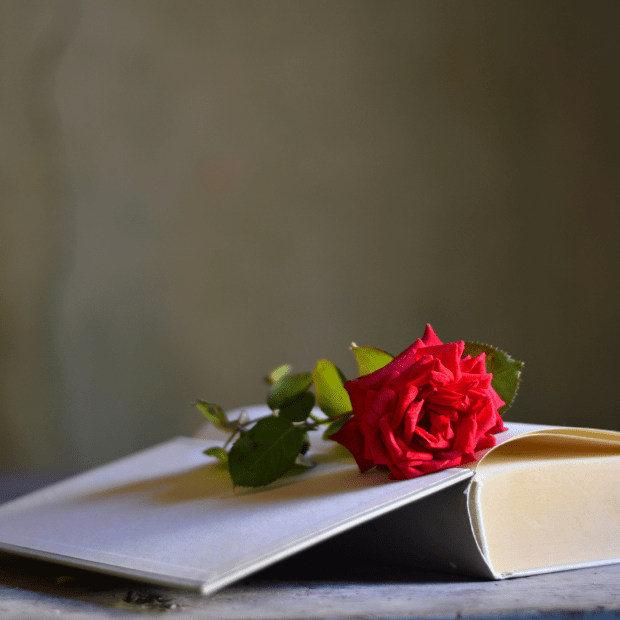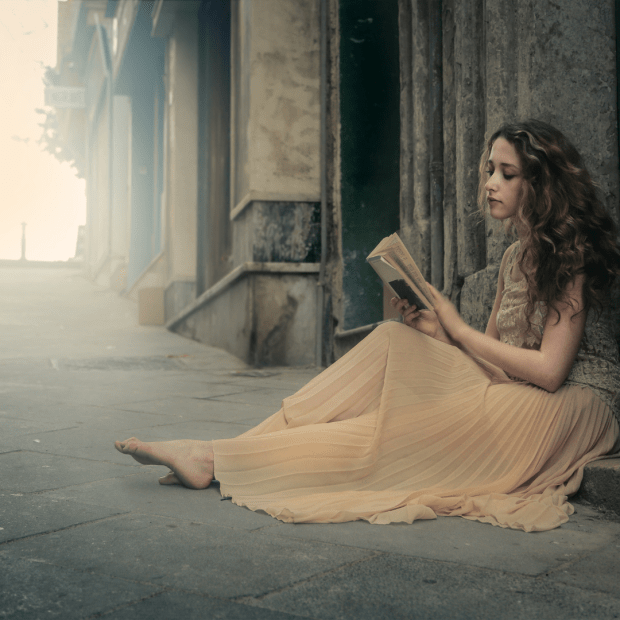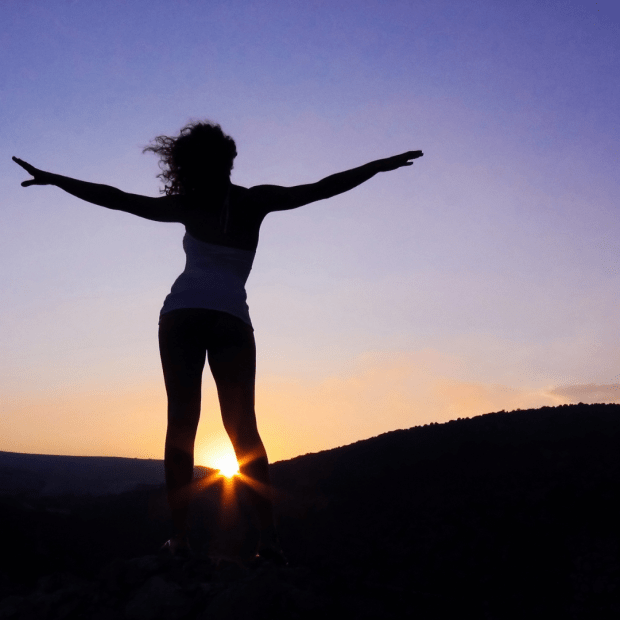Poetry is Divine
This probably is going to be my most favorite blog post ever. It’s about POETRY!
In this post, I share my pathway to poetry, what writing poetry does for me and how it opens me, how poetry is a spiritual practice, and even include some neuroscience behind poetry.
It was the language of the mystics, seers, and most holy. It’s vivid, imaginative, and erotic. Poetry is truly the language of love.
Poetry Goes Beyond Everyday Language
It moves us into the ethereal. Writing and reading poetry helps us to go beyond our limited scope of words and into a body language of rhymes and rhythms.
I started writing poetry when I was a child. I have been journaling since I was old enough to write. Growing up in an emotionally chaotic home, my journal was the only place I was safe to fully express myself. My journal never silenced me.
And I wrote to release. It was an essential and primary form of self care. I have always pictured the words flowing like blood in my veins, moving from my mind, heart, and soul down my arm and out my fingers into the pen and pages. It cleansed me.
But sometimes regular stream of consciousness writing wasn’t enough. I would feel things that I couldn’t describe linearly or logically. Sometimes I needed metaphors and imagery and rhythms to speak what my soul needed to say.
Poetry is the Language of the Soul
This form of language is believed to be date back to the earliest cavemen and shamans ‘who chronicled events in picture-stories, symbols, songs, and tales to chronicle hunts and features of the land on which these people survived. Poetry also took nomads into altered or supernatural realms’ (read more about the history of poetry).
Modern science gives us some insight into how and why this language of our soul is able to transport us within and beyond our selves. Scientists put people in fMRIs (brain imagining technology) to see what happens in the brain when people read poetry.
They discovered: 1) our brain is wired to recognize the rhymes and rhythms of poetry and registers that form of language as distinctly separate from ordinary speech, 2) reading and contemplating poetry activates specific areas of the brain responsible for interpreting our everyday reality, 3) reading poetry activates emotional centers in the brain as well as regions responsible for processing language, 4) reading poetry overlaps with regions in the brain that deal with autobiographical memory.
The science tell us that reading and interpreting poetry uses parts of our brain we don’t use in everyday language (i.e. makes us smarter) and helps us touch deeply into our emotional self. It shows us that poetry is a deeply personal and intimate experience.
It’s because we find ourselves in poems. We each bring a unique blueprint to reading and interpreting the rhymes and rhythms of verse. And writing poetry, it’s esoteric.
Poetry is Spiritual
What do you call an experience that is deeply emotional, that opens parts of your mind you don’t normally experience, and that helps you see into and understand yourself in new and profound ways? Spiritual. You call it spiritual.
And reading poetry evokes this spiritual experience. But writing poetry– that’s a whole other ball game, my friends.
Writing Poetry is Speaking as God/dess
I recently read a book, Big Magic (it’s about creative living), where I learned that ideas might have their own unique energy. That ideas are almost sentient, and want nothing more than to become manifest.
In culture today, we assume ideas are our own, that they are literally born from us. We actually have laws to protect this sentiment.
But what if that’s all wrong? What if ideas, like a new song, a new invention, a new poem, are floating around in the ethers seeking the right human parter to manifest them?
Really changes your perspective, doesn’t it?
Well, that’s how I view writing poetry. The poems want to be written down. They want to be shared and read and pondered over. They want to make people feel the way those scientists discovered poetry makes people feel.
So, I open to receive them.
My process of writing poetry is not a practice. Not in the way meditation is a practice for me (I do it routinely, every day, for a set amount of time, in a specific place). Editing and sharing my poetry is a practice, yes, but writing it is not.
My process goes like this:
I get a line in my mind. The first verse pops into my head, out of nowhere, and repeats itself over and over again.
I know this voice as one that is of my own oracular knowing and indwelling sacred presence (I know this through my regular meditation practices). It’s the voice of God/dess in me.
There is no predictable pattern for when the poetry priestess voice whispers a new line to me. Sometimes I am already journaling when it happens, sometimes I’m taking a walk, or in the shower, or dancing or gardening. I suppose the most common thread is that I’m doing something in which I am present and open when it happens.
Then BAM, there it is. I write all my poems by hand in their original unfolding because that feels most right and true. Blood and bones and skin seem like part of the process, ya know.
But sometimes I’m not near paper or a pen. Like when I’m on a walk. So I will receive the line then I keep repeating it over and over again as I pick up my pace and turn towards home with a quick step. Sometimes I even ask, plead–for the poem to wait for me– “stay with me until I can fully receive you and write you down.”
It’s a dance, really. A beautiful and expressive and erotic one. It’s my most cherished, sacred, and sensual form of communion with the divine.
I recently finished my third poetry book. It’s called Healing: Cum and Dance. I’m editing and formatting it now. It will release on the Strawberry Full Moon in June 2023 (be sure to sign up for my email list to be the first to know when I release it for purchase!). My first two poetry books were deeply personal to me; they were books I had to write as part of my own walk through a descent, as a way to free myself through surrendering to my suffering.
But this new book, it’s for the collective. It’s a manuscript of rhymes and rhythms that I opened to receive from God/dess. And it wants you to commune with them. It wants you to satiate in them. The poems want you to open for them.
Hurtless Writing
I want to be written
down
down
down
like a groovy jig
at a party I left
too early,
before the night
wrote out her mischief
and coupled lovers
in secret rooms
and new friends
sang radio tunes
and the man
in the corner
vowed to come out soon.
I want to be written down,
She teasingly whispered
to the stranger in the window
flashing Her a smile of brave.
I want to be written down,
the child shrieked out
from the top of the highest
rock on the playground new.
I must
I must be written
I must be written down,
says the poem to the soul
who asks for a verse,
asks to live wildly,
asks for less hurt.
The post Poetry is Divine appeared first on Hunni Bloom.








